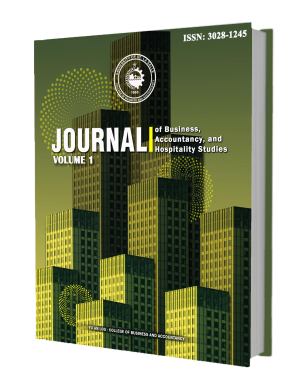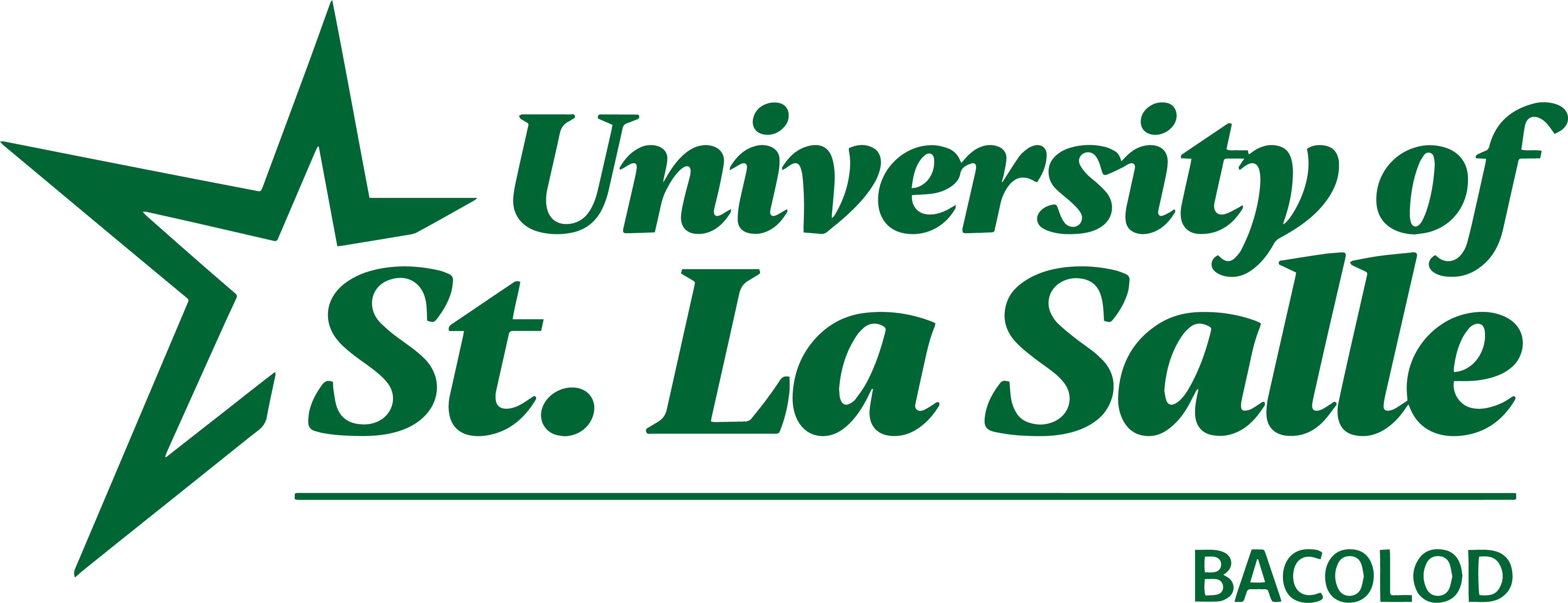Expectations, Performance, and Satisfaction of Passengers on ROLL-ON ROLL-OFF Marine Transportation Vessels in the Case of Three Prominent Companies in Bacolod City
doi.org/10.70228/CBJ2021023
Cite this article Read this article
ABSTRACT
The study used the Expectancy-Disconfirmation Theory to determine the expectations, performance, and satisfaction level of Roll-on Roll-off (Ro-Ro) passengers. The study employed a descriptive-relational research design and a self-constructed questionnaire for data collection. The study tested the relationship between the preferred Ro-Ro company and the participants’ socio-economic profile and the difference in the levels of satisfaction when grouped according to the type of vehicle and preferred Ro-Ro company. The 370 participants, grouped according to their preferred company, presented dominant expectations in sub-areas under pricing, trip schedule, vessel management and seaworthiness, and service crew. Results showed that the participants' expectations, performance, and satisfaction supported the study’s Expectancy–Disconfirmation Theory theoretical framework. Positive disconfirmation happened since participants experienced a better performance than expected, which eventually led to satisfaction. Among the factors, the findings presented that only the provincial address had a significant relationship with the preferred RORO company. Moreover, there was a significant difference in the satisfaction towards service crew when participants were grouped according to vehicle type. The Turkey Post-hoc Test revealed that the difference between the 3-wheeled and 6-wheeled vehicles had the highest variation. Significant recommendations focused on improving the RORO companies’ services and facilities, especially trip schedules, vessel maintenance, service pricing, seaworthiness, and crew service. Future researchers are also recommended to cover other ports as the study was only limited to motorists of BREDCO port.
Keywords: expectations, performance, satisfaction level, RORO, expectancy disconfirmation theory, positive disconfirmation

Volume 1, 2020 EDITION
Published 2020
Editor's Note


